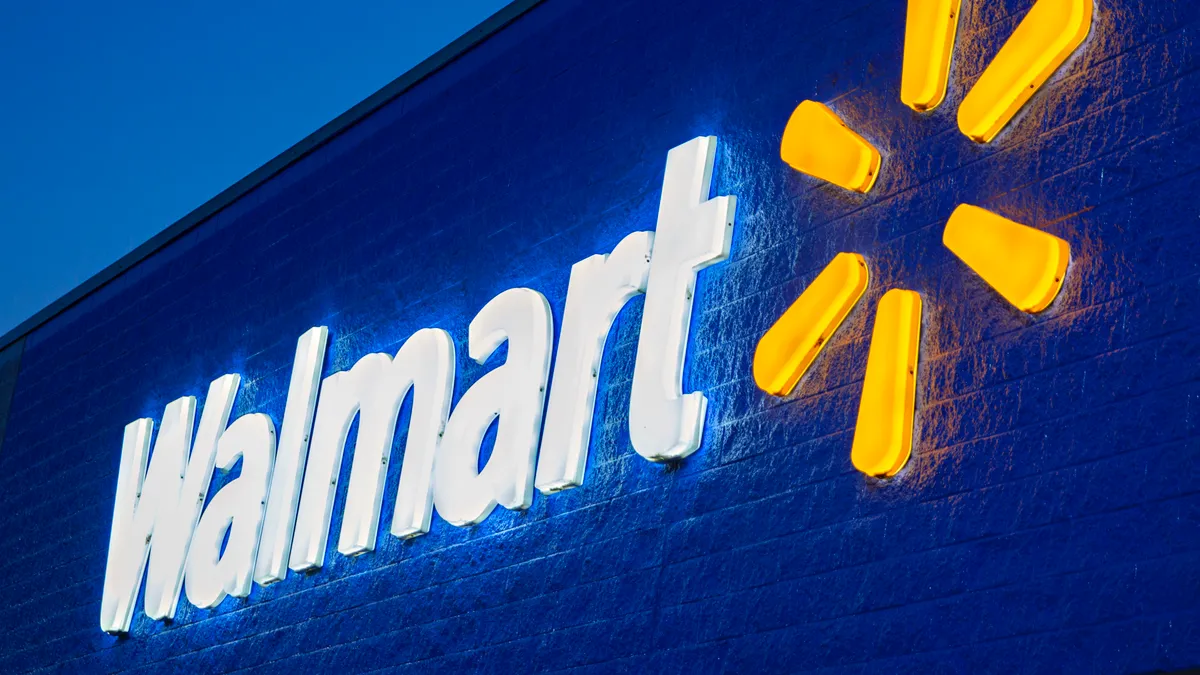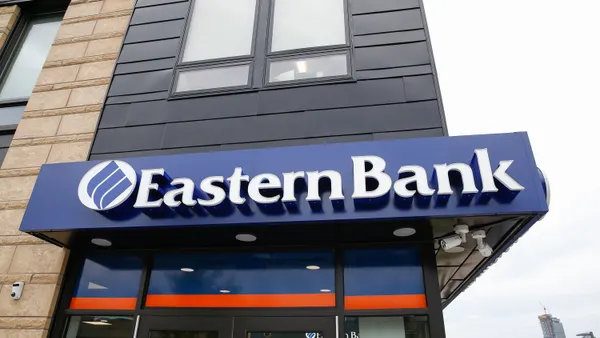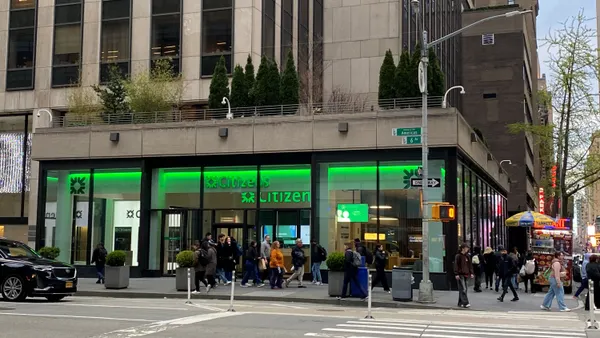As a growing number of retailers and tech companies wade into the financial services space, traditional banks and digital challengers can expect to see the competition for consumer accounts intensify.
But for banks carving out a niche service, the threat may not be as imminent, said James Stevens, a partner in Troutman Pepper's financial services practice.
"If you're a challenger bank that has sliced up your niche, then Walgreens may not really be a threat to you because Walgreens is out there offering products and services to the entire consumer market," he said.
The same goes for community banks who specialize in small-business banking, or who cater to a specific local need in their geographic footprint, Stevens said.
"As you start to see more retailers getting into these partnerships, where they're going to start offering financial services, I think it's probably the biggest threat to the large challenger banks that are really focused on a broad swath of the retail consumer population," he said.
Digital banks like Chime, Current and Varo offer perks such as no-fee accounts and early access to direct deposits — features that appeal to a large group of consumers living paycheck to paycheck. In offering these services, they’re competing with well-established players like JPMorgan Chase and Bank of America, who have brand recognition and large branch networks on their side.
But when retailers like Walmart and Walgreens announce plans to offer their own banking products, their existing consumer reach, brand awareness and even bricks-and-mortar presence could provide a significant edge in gaining market share with financial services.
"Having 9,000 locations where somebody could drop off a form, look at a product or go in and ask a question about something financial related, I think that's definitely something the retailers bring to the table," Stevens said.
Large banks are acknowledging that it’s no longer just fintech and digital challengers that pose a threat, but big-box retailers and tech giants as well.
"Their strengths are extraordinary, with ubiquitous platforms and endless data," JPMorgan Chase CEO Jamie Dimon wrote in his annual letter to shareholders Wednesday, calling out Amazon, Apple, Facebook, Google and Walmart as formidable challengers in the financial services space.
These tech and retail giants will embed payments systems within their ecosystems and create a marketplace of bank products and services, Dimon predicted.
"It seems like the prize that everybody's focused on is to create one of these 'super apps' that sells financial services products,” Stevens said. “If you're a financial institution and you can get people looking at your app or looking at your website on a daily basis, the chances of them buying more products and services are going to go up dramatically. What retailers bring to the table is they offer a broader scope of things that can be purchased."
As retailers and tech giants go broad, traditional banks and digital startups say they are finding success in narrowing their focus of services.
Last month, KeyBank launched a digital bank that provides tailored financial services to healthcare professionals.
"We want to choose specific areas where we want to compete. Those are going to be a bit narrower, but we just know if we can pick those narrow spots, we can compete to win," said Jamie Warder, executive vice president and head of digital banking at the Cleveland-based bank.
The launch of the digital platform follows KeyBank’s purchase of student loan refinancing startup Laurel Road in 2019.
Warder said KeyBank will continue to pursue additional acquisitions similar to its Laurel Road deal — transactions that help it achieve targeted scale as it looks to remain competitive.
Challenger banks have also recognized the value of offering targeted services that appeal to certain affinity groups.
Daylight offers products geared toward the LGBTQ community, while Greenwood, MoCaFi and Paybby are targeting Black and Brown communities.
Digital players that have launched to serve the immigrant market include Cheese, Fair, Remitly’s Passbook and Majority.
Magnus Larsson, Majority’s CEO, said the growth in the number of digital banks looking to serve the immigrant market indicates a demand for more targeted offerings in financial services.
"It's also proof that the banking space is going to become verticalized. I'm quite sure about that,” he said.












